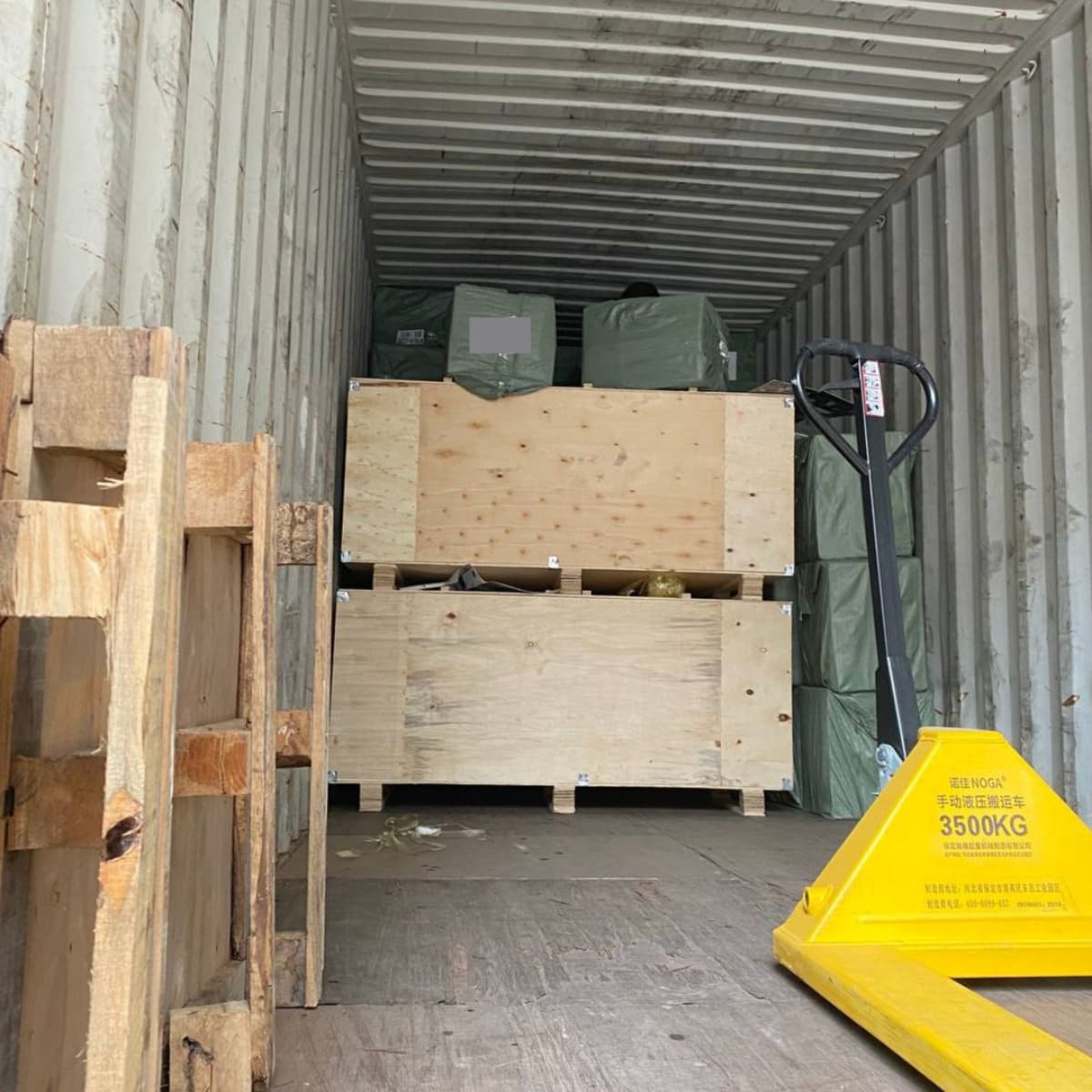
Wooden pallets typically have top and bottom deck boards held together by three runners. Most are fastened with screws or nails. Wood is often heavy and easily breaks. This means that such pallets need to be replaced regularly. Wood is also a heavy material to clean. Additionally, the risk of contaminating wooden pallets means they are not ideal for transporting many types of cargo. When wood gets wet, it becomes a vulnerable breeding ground for bacteria, which can transfer to other contaminants.
Advantages of wooden pallets include:
Plastic pallets are a proven and growing alternative to wood.
Unlike other types, they typically consist of a single solid piece. This means there are no weak points in the joints. They do not contain nails or screws that can damage forklifts or cargo.
Advantages:
Disadvantages:
So, what's more practical to use in work?
It's cheaper to buy a wooden pallet, but using plastic pallets will quickly pay off due to their reusability and many advantages over wood.
Still have questions? Contact us in any convenient way for you.

